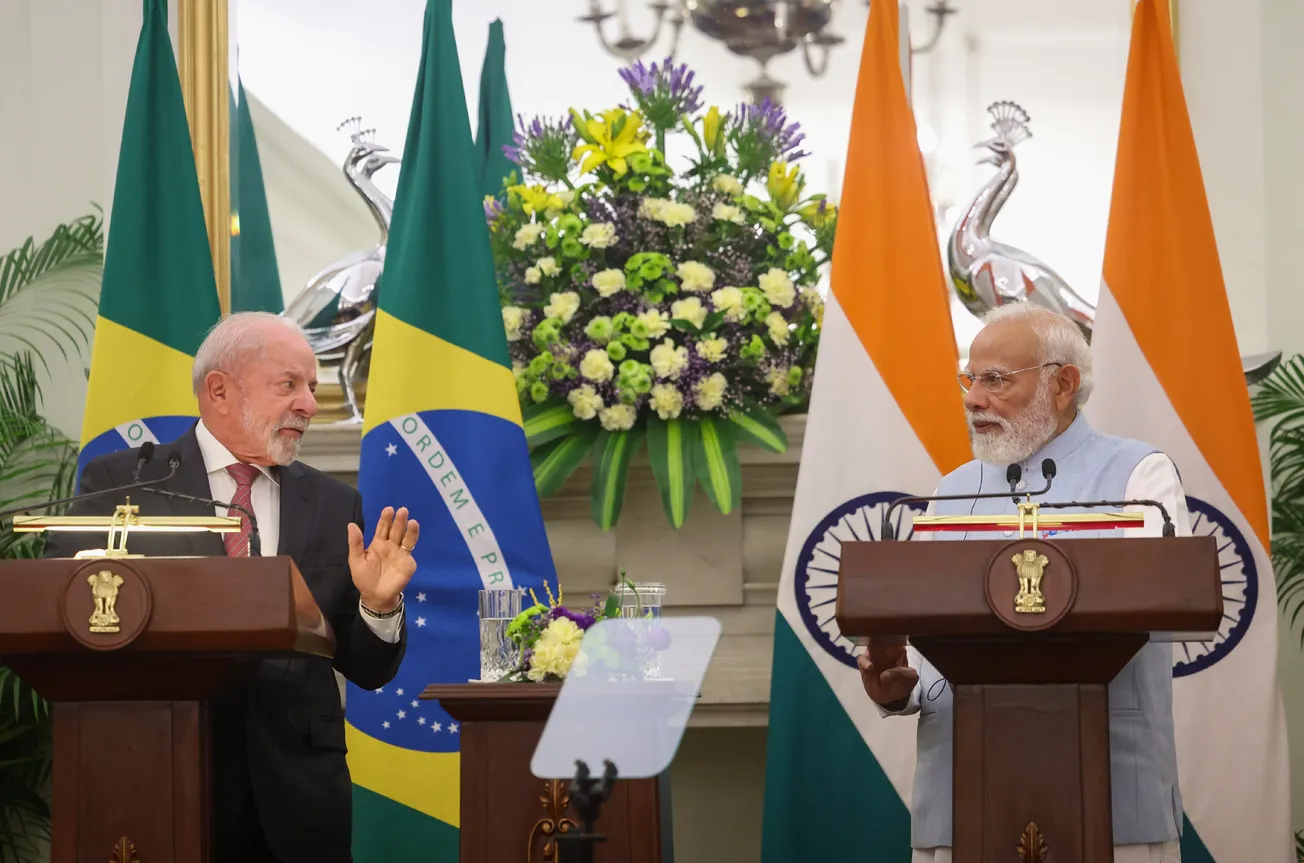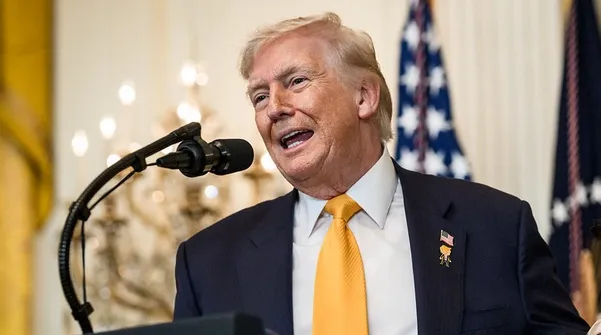In a press conference today, accompanied by Chinese Ambassador Zou Xiaoli, Argentine Finance Minister Sergio Massa announced that from now on, the government will be able to pay for imported intermediate goods from China in yuan rather than dollars, thanks to the currency swap existing between the People’s Bank of China and the Argentine Central Bank. This means that the government will not have to use any of its critically low dollar reserves to pay for those imports. Given the current conjunctural crisis, Massa said, it’s necessary to “redefine our working strategy regarding importers and exporters,” El Cronista reported him saying. And, he added, “also for us and for the International Monetary Fund to rethink the agreement with Argentina"—leaving that matter vague.
This decision takes place against the backdrop of a dramatic run against the peso that occurred yesterday, which saw the black market or “blue” dollar rise to almost 500 pesos/dollar—against the official rate of 227.50/dollar for sales and 219.50/dollar for purchase. The Central Bank had to use some of scarce dollar reserves to intervene in the market, although the situation has calmed down somewhat today.
As Massa explained, the arrangement with China will reduce the outflow of the country’s dollar reserves “and will become instead part of the outflow of yuan based on the good use that the governments of China and Argentina have decided on for the promotion of the swap, which is primarily the strengthening of bilateral trade,” Ambito Financiero reported him saying. As a result of this decision, he added, the rate of imports will accelerate and that as of May, “a volume of imports in yuan for over $1 billion has been programmed to replace the use of dollars in Argentina.” In subsequent months, that amount will be in the range of $790 million.
Ambassador Zou Xiaoli remarked that “China places a lot of importance on and pays a lot of attention to bilateral trade with Argentina and continues supporting its defense of its sovereign economy.” This type of cooperation, he said, “reflects the strategic relationship” between the two countries, whose economies are complementary. He emphasized the “importance of the Swap that we’ve been working on with Argentina.” This initiative, he said, will allow for liquidation in local currency which reduces risks and costs “in order to improve the political environment for clearing in local currencies,” according to El Cronista.
It is also of note that yesterday, representatives of the China Gezhouba Group Corporation met with Massa to report that by June 30, they will pay $500 million in order to continue construction of the two large hydroelectric dams in the Patagonian province of Santa Cruz. In a press release, the Finance Ministry noted that the $500 million “will have a positive impact on the reserves of the Argentine Central Bank given the loss of reserves resulting from the severe drought the country has suffered in recent months.”




